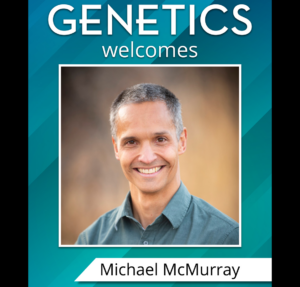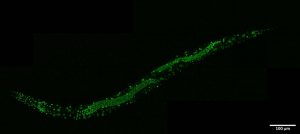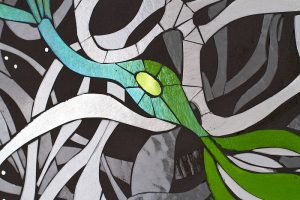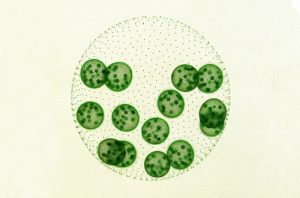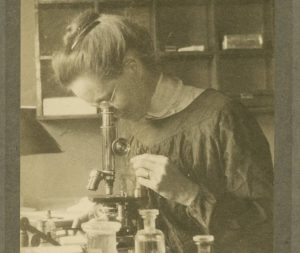Enter your address to receive notifications about new posts to your email.
Articles tagged Cell Biology
(14 results)
-
Science & Publishing
New associate editor joins GENETICS
A new associate editor is joining GENETICS. We’re excited to welcome Bo Zhang to the editorial team. Bo ZhangAssociate Editor Bo Zhang is a Professor in Developmental Biology and Genetics at Peking University in China. She received her BS and PhD degrees in Cell Biology from Peking University in 1989 and 1995, respectively, and pursued…
-
GENETICS welcomes new associate editor
Michael McMurray is an Associate Professor of Cell and Developmental Biology at the University of Colorado, Anschutz Medical Campus. He first began using the power of yeast genetics during his PhD studies with Dan Gottschling at the Fred Hutchinson Cancer Research Center and University of Washington. After investigating the replicative aging process, he became interested in how individual…
-
2021 Morgan Medal: Ruth Lehmann
One of life’s great mysteries is how a single egg cell can contain all the information needed to create a fully specialized complex organism, including more egg cells. Ruth Lehmann, director of the Whitehead Institute at MIT, has done a tremendous amount to solve that mystery. Beginning in her graduate student days, she uncovered a…
-
2021 Beadle Award: Ting Wu
After giving a talk in Seattle about chromosome pairing, Chao-ting (Ting) Wu boarded the redeye flight back to Boston and settled in to read a new research paper on an odd new discovery in the human genome. “It was so exciting, I had to get up and walk around on the plane,” she says. “I…
-
Nerve cell organelle mystery
NUN bodies in C. elegans offer clues about nervous system differentiation. One of the most active areas of research today explores the differences between individual cell types and how cells become differentiated. This specialization of cell types relies on changes in gene expression, but how those changes are orchestrated remains unknown. Now, research published in…
-
Mitochondria on the mind
Mitochondria cell-autonomously regulate the secretion of neuropeptides in C. elegans. Neurons are hard-working cells that need a lot of energy to do their jobs, so it’s no surprise that they are highly dependent on their mitochondria to function properly. Yet these organelles do much more for cells than simply produce energy. In GENETICS, Zhao et…
-
The hole truth about activating Torso
Holes in the plasma membrane trigger the activation of the Torso receptor tyrosine kinase. As a general rule, cells don’t do well when holes are poked in their plasma membranes. That’s why many immune cells use enzymes like perforin to puncture the membranes of pathogenic cells, dysregulating and often killing them. However, a new report…
-
Enhancing our view of enhancers
GC content alone is associated with distinct functional classes of human enhancers. Because enhancers can be located hundreds of kilobases away from their target genes, it can be challenging to accurately predict their functions. A new report in GENETICS uses sequence composition to distinguish two enhancer classes that have distinct functions and spatial organization in humans.…
-
On the origin of germ cells
Recent evolution of simple germ–soma division in a green alga sheds light on the early stages of complex multicellular life. Among evolution’s greatest innovations are germ cells. These specialized reproductive cells—familiar to us as sperm and eggs in humans—set the stage for complex multicellular life because they free up all the other cells in the…
-
How studying bakers’ yeast unlocked the secrets of our body’s recycling plants
In the late 1980s, Japanese biologist Yoshimori Ohsumi finally got to run a lab of his own and began casting around for a suitable topic to occupy himself and his new grad students. At 43 years old, he did not consider himself much of a scientific success; he was now hoping to corner a niche of biology…
-
Nettie Stevens: Sex chromosomes and sexism
At the time of her death in 1912, Nettie Maria Stevens was a biologist of enough repute to be eulogized in the journal Science by future Nobelist Thomas Hunt Morgan and for her passing to be noted in The New York Times. In 1910 she had been listed among 1,000 leading American “men of science.”…


